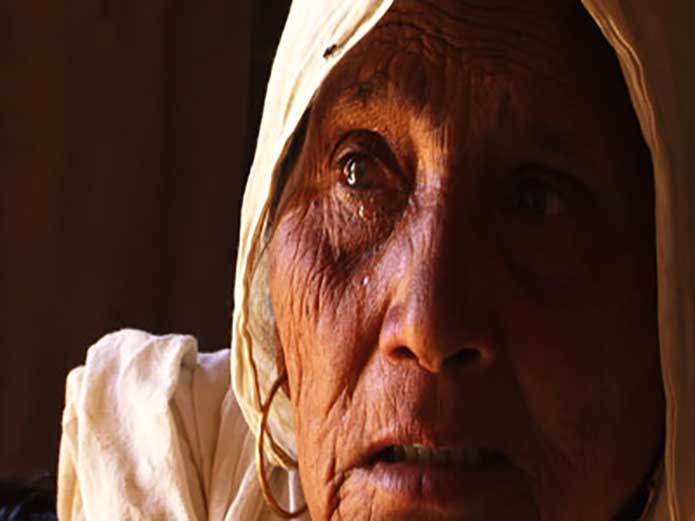Highly toxic pesticides harm a lot more than the organisms that they are intended to kill. They also harm humans and ecosystems. The foremost harm caused by pesticides is that they have made self-poisoning far more deadly. Drinking from a bottle of pesticides has been the first or second most common means of suicide worldwide for over 30 years. The most common form of suicide attempts is self-poisoning. In urban areas, this usually takes the form of intentional overdosing on medications. Fortunately, medication self-poisoning is seldom fatal. In high income countries, the survival rate is over 99%. However, in rural Asia, self-poisoning usually takes the form of drinking from a bottle of strong agricultural pesticides, and this can have a fatality rate as high as 70%, depending on the particular substance.
Toxic pesticides also cause problems for the ecosystem and environment. They tend to kill not just targeted pest organisms, but other organisms as well, including ones beneficial for crop production. Pesticides can pollute groundwater and soil. There is also evidence to suggest that residues of pesticides on food harms children’s endocrine systems leading to conditions such as ADHD.
Self-harm is often misunderstood. It is rare for someone who attempts suicide to actually want to die. These people are in the depth of despair and cannot find hope, even if their problems are recent or short-lived, such as a relationship breakup. Suicidal individuals don’t want to die, they want a better life, yet they may lack coping skills or better life opportunities. The best thing you can do for suicidal people is to help them survive their lows and seek help for their problems. In south Asia, it is common to drink pesticides as an act of passive aggression. It is used to communicate hurt or anger to a family member, often without any intent to die.

Woman affected by pesticide suicide in Punjab, India.
Bans Are The Only Solution
There has been extensive research done on prevention of pesticide suicide in Sri Lanka over the past 20 years. The only approach that has worked to reduce pesticide suicides has been bans of highly hazardous pesticides (HHPs). When HHPs are banned, farmers are left with many effective, affordable pesticides, but the most toxic-to-human pesticides are taken off the market. The result has been a dramatic reduction in the suicide rate while farmer incomes and output has remained unaffected. In fact, the overall suicide rate in Sri Lanka decreased by over 75%, due to HHP bans, while attempts using pesticides were still going up! Studies of HHP bans in other countries have similar findings. China has witnessed a drop in suicides by 60% in the past 20 years, which experts attribute almost entirely to the reduced use of highly toxic pesticides in attempts.
There is nothing that approaches the potential for reducing global suicides as pesticide bans. Christians regard suicide as a sin, so we should prioritize suicide prevention greatly over preventing deaths from disease. Highly hazardous pesticides are common particularly in developing countries, so this cause is great in scale and very tractable. Advocacy is needed to convince governments, especially in countries with a large amount of pesticide suicides, to ban HHPs. Some countries are not even aware they have a pesticide suicide problem, yet alone know the solution to it!
Technical support is also important. Some governments do understand that toxic pesticides are killing their people but simply don’t have the technical knowledge to carry out these bans.
 Relevance to Christians
Relevance to Christians
Suicide is considered a sin among all Christians. Many Christians consider it to be an unforgivable sin, one which will land a soul in hell forever. Preventing deaths from suicide should therefore be greatly prioritized over saving lives any other way, and nothing even comes close to the potential to reduce suicide as highly hazardous pesticide bans. In addition to the tragic fate of the soul of a suicide, the deceased’s loved ones will endure terrible emotional trauma from which they may never recover. Even from a worldly point of view, it is more troubling to learn of a death from suicide than any other cause.
 Opportunities for Effective Altruism
Opportunities for Effective Altruism
The Centre for Pesticide Suicide Prevention is the only charity working on the issue of pesticide suicide prevention. They are our top recommended charity, along with Integrity Action.
If you live in a region with considerable pesticide poisoning, you can educate your neighbors on the dangers of highly toxic pesticides and their alternatives.
